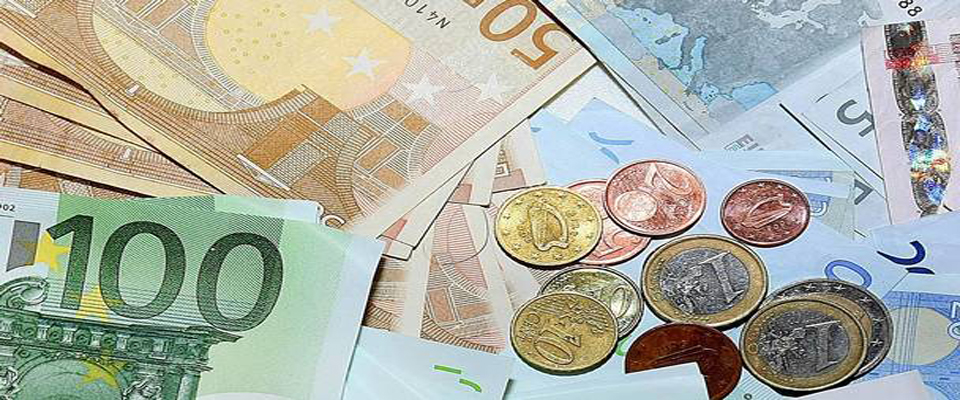The Government is to remove the threat of jail for those who do not pay general debt bills, including water charges.
It is now said to be in favour of applying attachment orders to wages and social welfare payments as a last resort.
The proposals on debt, which have been formulated by the Departments of Justice and the Environment, will be discussed by the Cabinet this morning.
Minister for Public Expenditure and Reform Brendan Howlin this morning said it was a "general provision" to apply to all small debts, including water bills.
He said the idea behind the proposal was that "people wouldn't go to jail for not paying a TV licence and that a plumber or electrician who can't collect a debt owed to them would be able to do so".
He said it was "all-encompassing" and not just related to water.
Mr Howlin added: "We've been looking for some time at ways to ensure those who won't pay as opposed to those who can't pay, will pay their bills."
The proposals on debt collection and enforcement are based on a report by the Law Reform Commission in 2010.
It recommended that those who do not pay their general debts should not be jailed.
Instead the LRC advocated a graduated process of enforcement, which would see attachment orders apply to earnings, but not if they deprived debtors of a minimum standard of living.
Although households started receiving their bills for water last month, the penalties will not apply until after 15 months of non-payment.
Separately, the Department of the Environment is still looking at the issue of dealing with tenants who do not pay.
It was originally planned that unpaid water charges would be taken from tenants' deposits, however landlords are opposed to this.
It is understood that a minimum threshold will apply to social welfare payments so large amounts could not be taken out.





